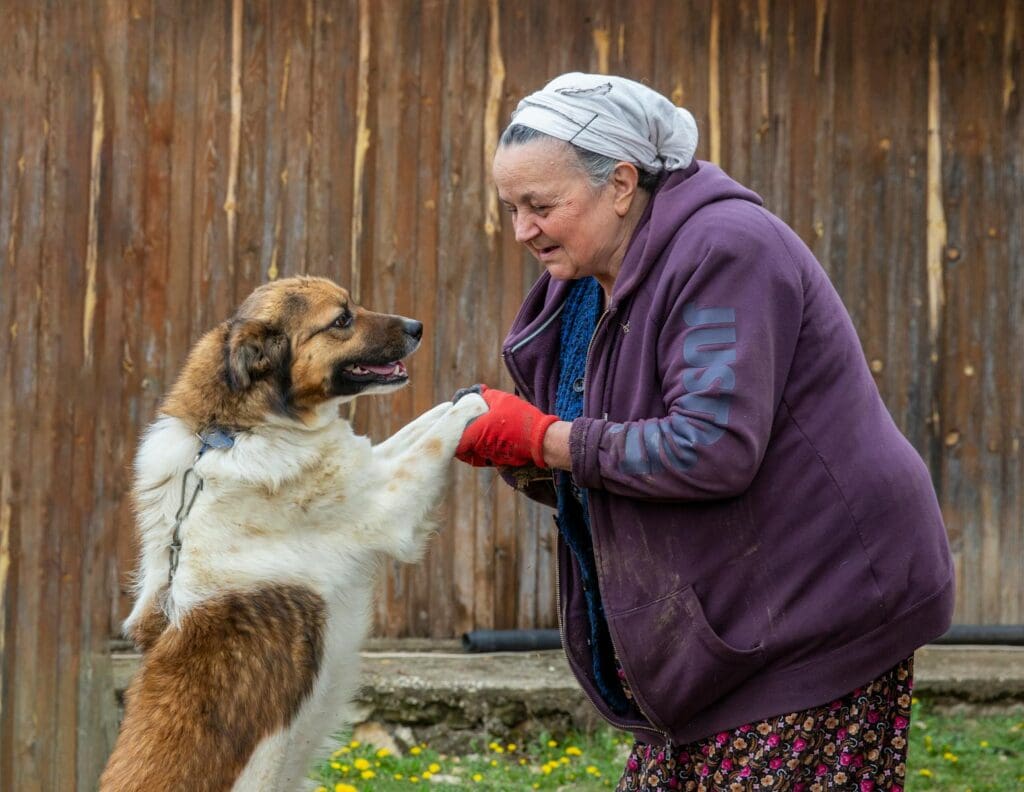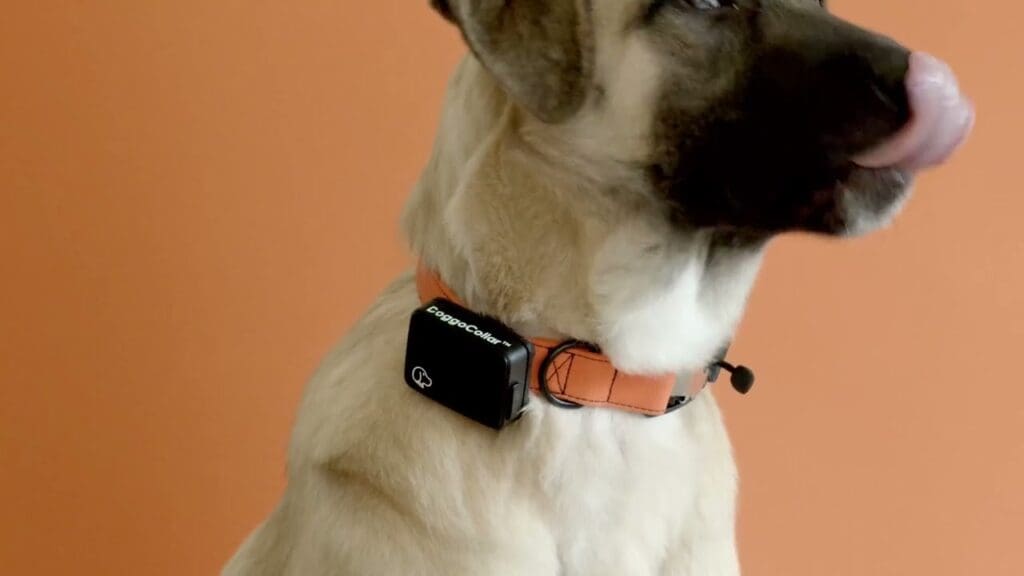As pet owners, we make sure our furry companions have food, love, and medical care—but what happens to them if we’re no longer able to care for them? Whether due to illness, an accident, or even long-term hospitalization, having a plan in place ensures your pet is protected no matter what.
To avoid uncertainty and keep your pet safe, here are 10 ways to plan for their future.
1. Identify a Trusted Caregiver

Talk to family members, friends, or neighbors who would be willing to care for your pet if you were unable to. Make sure they understand your pet’s needs and are truly prepared to step in.
2. Create a Pet Care Directive

A pet care directive is a simple document that outlines your pet’s daily routine, medical needs, diet, and preferences. Keep a copy in an accessible place and share it with your emergency contact.
3. Include Your Pet in Your Will

While you can’t leave money directly to your pet, you can designate a caregiver and set aside funds for their care in your will. Work with an attorney to ensure everything is legally binding.
4. Set Up a Pet Trust

A pet trust is a legally recognized way to provide financial support for your pet after you’re gone. You can specify how funds should be used and appoint a trustee to manage the money.
5. Carry a Pet Alert Card

If you’re in an accident, emergency responders won’t know you have a pet at home. A pet alert card in your wallet lists your pet’s name, home address, and the contact information of their emergency caregiver.
6. Post Emergency Pet Care Instructions at Home

Keep a visible note near your front door or fridge with details on your pet and who to contact in case of an emergency. This helps first responders or neighbors step in quickly.
7. Discuss Temporary Care Plans

If something happens to you unexpectedly, where will your pet go in the short term? Arrange with a friend, family member, or local rescue group who can provide temporary foster care.
8. Register Your Pet with a Long-Term Care Program

Some animal welfare organizations, such as the ASPCA Guardian Program, provide lifetime care for pets if their owner passes away. Research local programs and register your pet in advance.
Read More: 10 Pet Emergencies Every Owner Should Know How to Handle
9. Keep Vet Records and ID Tags Up to Date

Make sure your pet has a collar with an updated ID tag, and keep their vet records in an accessible place. This helps a new caregiver take over without confusion or delays in medical care.
Read More: 10 Ways to Prepare Your Pets for Extreme Weather Conditions
10. Talk to Your Loved Ones Now

The best plan is one you discuss in advance. Let your loved ones know what you want for your pet’s future, so there’s no uncertainty if the time ever comes.
Read More: 10 Ways to Protect Your Pets in Your Will






